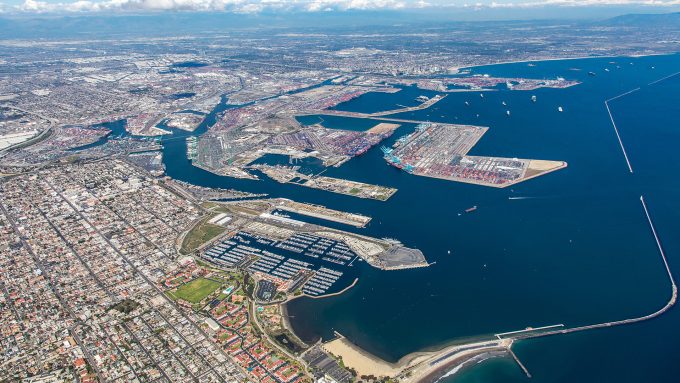Carriers start diverting ships from Canada’s strike-hit west coast ports
Ocean carriers are closely watching developments in the 10-day Canadian west coast port strike before ...

US importers are getting antsy over the looming contract negotiations at west coast ports.
In a letter to the heads of the International Longshore and Warehouse Union (ILWU) and Pacific Maritime Association (PMA), the chief of the National Retail Federation (NRF) urged both sides to commence ...
Bad news for shippers as wave of transpacific rate increases continues
No deals with carriers, say Houthis – Red Sea safe for non Israel-affiliated ships
Rapid transpacific capacity build-up continues – can USWC ports handle it?
Schenker's Shirley Sharma Paterson moves to K+N as global head of sales
Red Sea crisis has driven most new capacity into extended Asia-Europe trades
Carriers on the hunt for open tonnage again as transpacific rates soar
Crew forced to abandon ship in latest fire on vessel carrying EVs
Dates to watch for in the latest chapter of TACO's tariff travail

Comment on this article